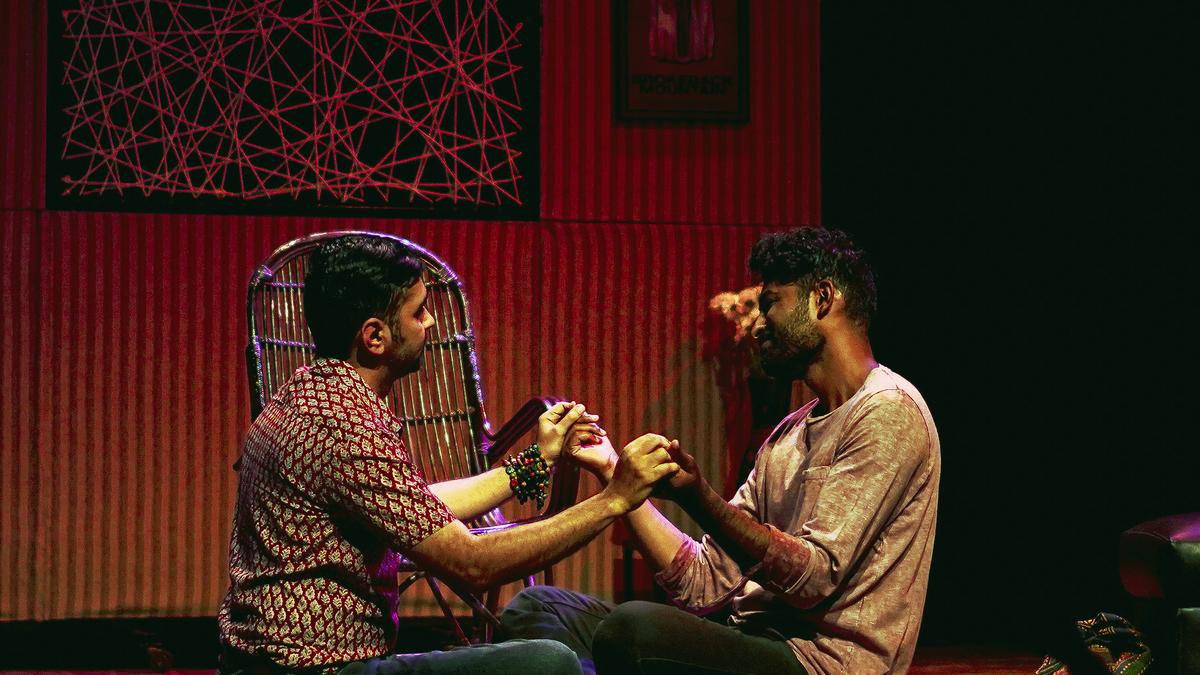
Create year-round inclusive performance spaces for the LGBTQIA+ community and don’t restrict it to Pride Month, say activists
The Hindu
In recent years, the performing arts world in Bengaluru has made significant strides toward embracing diversity and inclusivity, particularly during Pride Month, when LGBTQIA+ voices and stories take centre stage across most performance spaces.
In recent years, the performing arts world in Bengaluru has made significant strides toward embracing diversity and inclusivity, particularly during Pride Month, when LGBTQIA+ voices and stories take centre stage across most performance spaces.
However, the commitment to inclusivity is often not extended beyond a single month of celebration, feel artists, activists and audience. They say that for the performance spaces to truly serve as welcoming and supportive environments for the LGBTQIA+ community, they must foster inclusivity and representation throughout the year.
Speaking to The Hindu, Karthik Hebbar, a musician, director, writer, actor and activist, known for directing and producing plays on the queer community like Patanga Prabhava, Amma Mattu Suhail and more, says that most performance spaces or corporate spaces celebrate Pride Month as a status check.
“This is called ‘pink washing’ or ‘rainbow washing’. Inclusivity for me must work around the clock, not just for a month. Inclusivity is an abstract idea. Performances spaces, corporate companies or the government may create jobs or work opportunities, but the work environment must be sensitized,” he adds.
Karthik also says that staff at performance spaces should be sensitive and open to performers and audience from the queer community. “For example, I can walk into any performance space, cafe or any public space without being questioned, but, the same way if 25 people from the Hijra/transgender community walk in, whether they are the audience or the performers, will they be stopped at the gate or will they be allowed to walk in without being questioned? Staff in such spaces should be trained to be sensitive, which will make a huge difference.“
Karthik says that it is important to hear the voices of LGBTQIA+ community who do not come from a privileged background. “Once, right after the show of one of my plays, someone from the performance space walked up to me and asked, ‘Why do you make only plays on the queer community and not something on straight people?’. I responded saying ‘Why did you never question a playwright like Girish Karnad why he only made plays on straight people and not on the queer community?‘ the person understood and just walked away. I still get the opportunity to perform at that space.”
However, opportunities do not come easily for someone who is not as privileged. “Putting my art or opinion out to the world is much easier than for a queer Dalit person. 95% of the work I do is accepted, but for a Dalit queer person, whose work is genuinely real and good, it is hard to be accepted, which needs to be changed“, adds Karthik.











